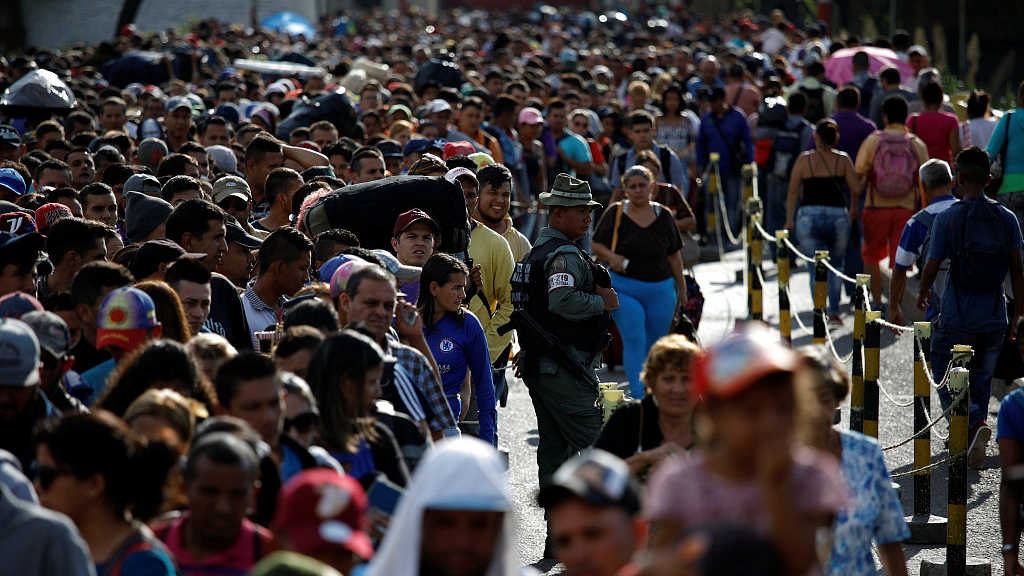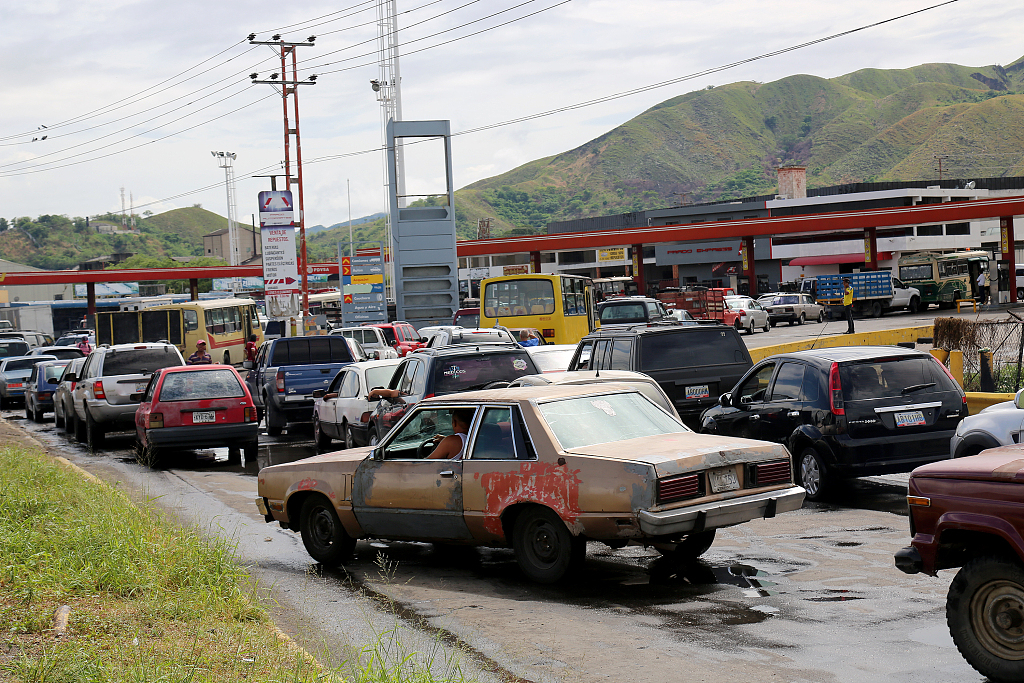
The United Nations said on Friday that the number of Venezuelans who have left their country in recent years has surpassed 4 million.
The exodus, driven by violence, hyperinflation and shortages of food and medicines, amounts to around one in 12 of the population.
It has accelerated in the past six months, said William Spindler of the UN High Commissioner for Refugees (UNHCR), which appealed for greater international efforts to ease the strain on the country's neighbors.
UN data in September showed 2.6 million had fled.
“The main increases continue to be reported in Colombia and Peru,” Spindler said.
About half of that total have sought shelter in two South American countries – Colombia and Peru – which host about 1.3 million and 768,000, respectively. Many others have traveled to Chile (288,000), Ecuador (263,000), Brazil (168,000) and Argentina (130,000).
The Colombian government says 4 million could be living there by 2021, costing the country nearly 9 billion U.S. dollars.

Drivers wait in their cars outside a gas station to fill their tanks during a fuel shortage, Valencia, Venezuela, May 24, 2019. /VCG Photo
Oil-rich Venezuela has sunk into crisis because of the political unrest, which triggered the following social and political crisis.
Eduardo Stein, the special representative for Venezuelan refugees and migrants for UNHCR and the International Organization for Migration (IOM), told the Guardian that Latin American and Caribbean countries did their part to respond to this unprecedented crisis but they could not be expected to continue doing it without international help.
IOM and UNHCR said the exodus was straining several neighboring countries, notably Colombia.
“Countries in Latin America and the Caribbean have largely maintained a commendable open-door policy,” said Eduardo Stein, UNHCR-IOM Joint Special Representative for Refugees and Migrants from Venezuela.
“...However, their reception capacity is severely strained, requiring a more robust and immediate response from the international community.”
Regional government officials are to meet in Quito, Ecuador, on November 22-23 to coordinate humanitarian efforts.
(With input from Reuters)


